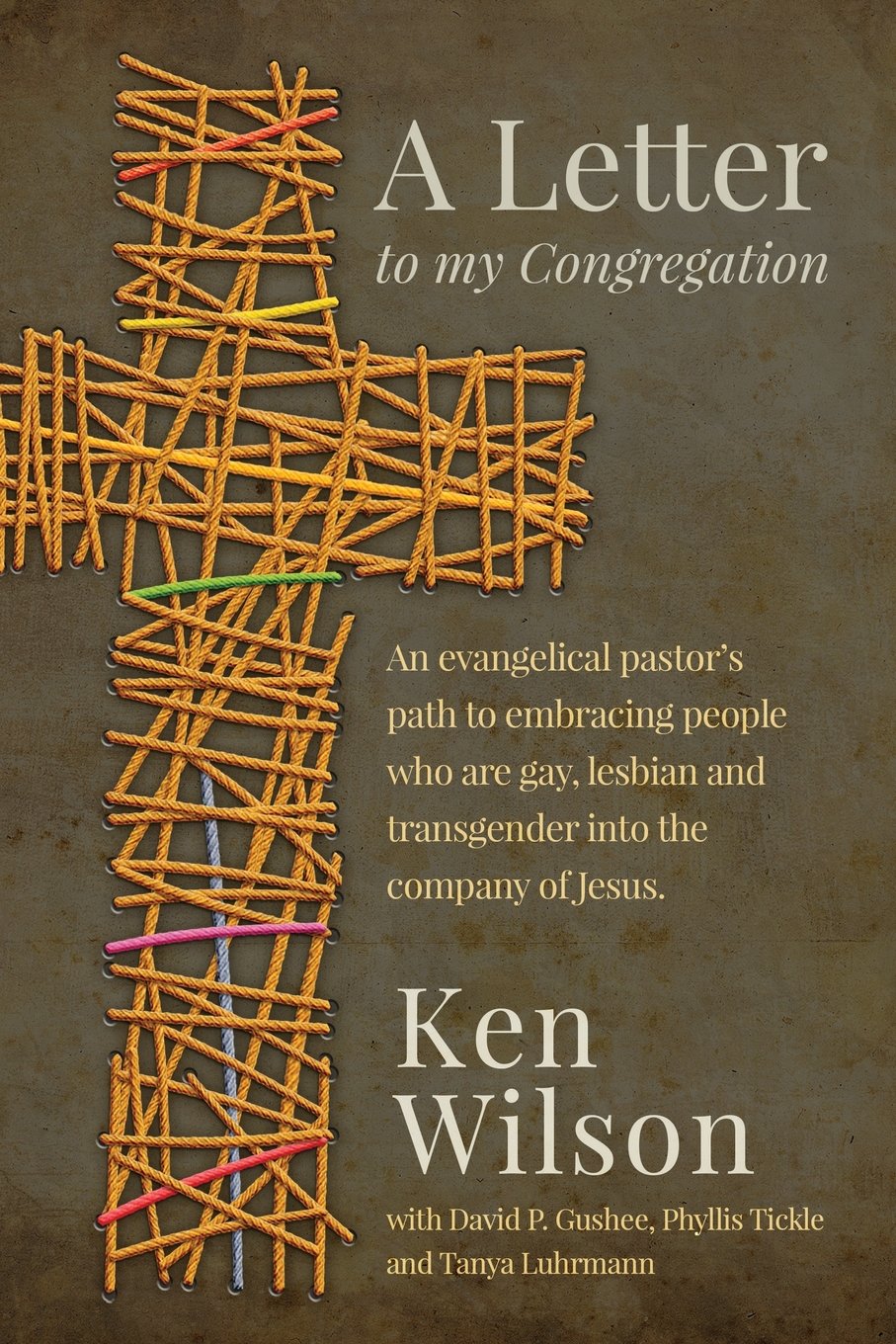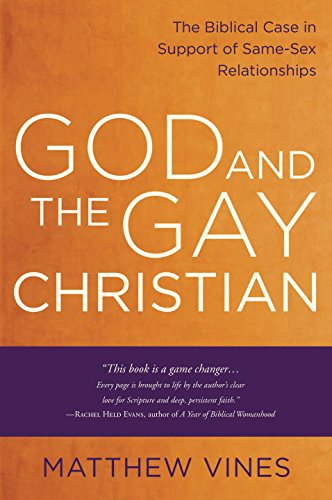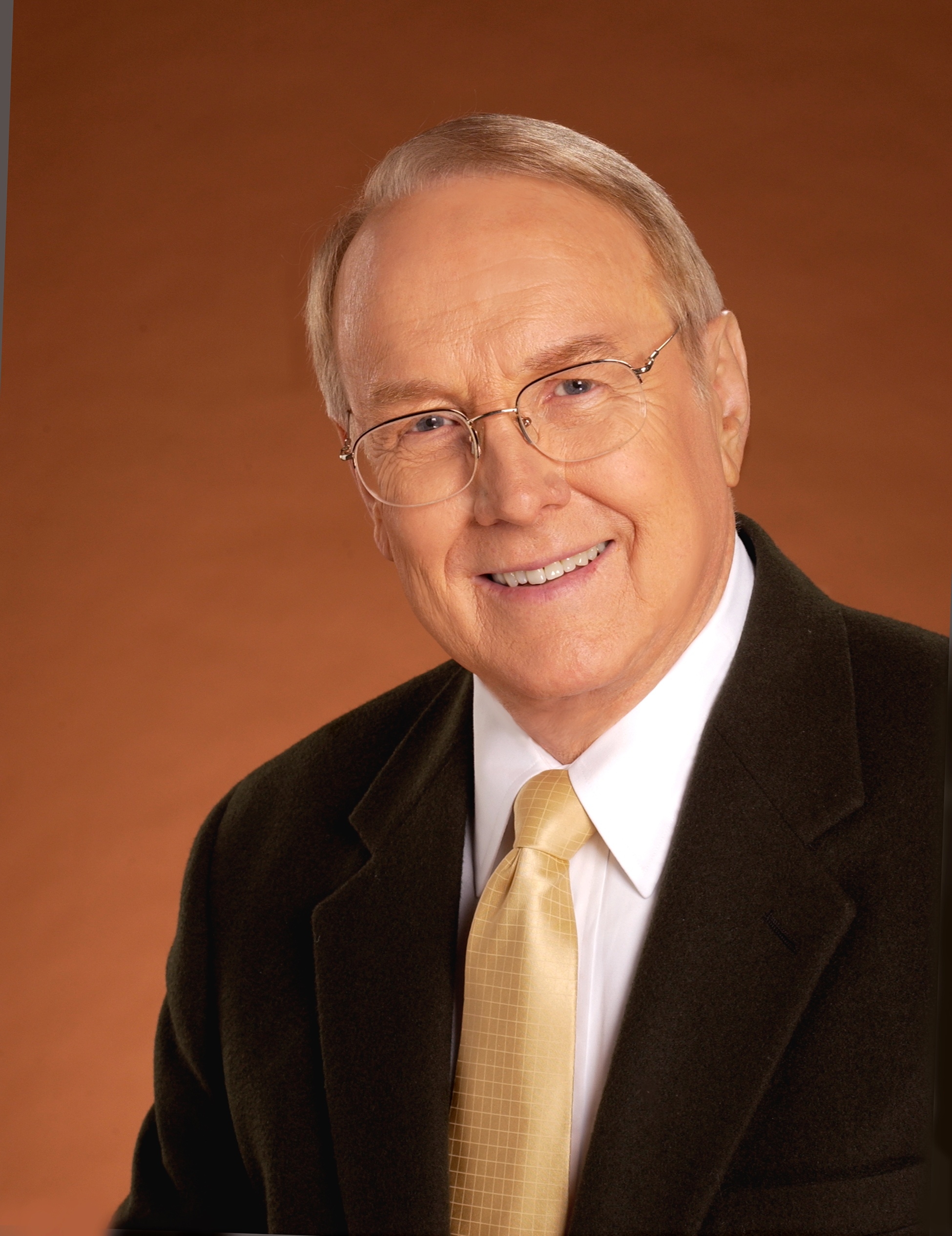Mr. Flores:
First, you seem to be operating under the assumption that a person’s gender is both obvious and static. Unfortunately I can not find a single place in your article where you defend either of these assumptions. How do you think a person’s gender ought to be determined?
In an effort to help you answer this question, let me present you with some of the common methods for determining a person’s gender:
One’s own self-perception: Clearly you reject this possibility, apparently on the grounds that “those people are wrong and do not recognize reality” (my paraphrase of your “Why think that what one “identifies as” is significant at all, especially to the extent that others should actively recognize or cater to such an identity, and especially when the identity one adopts is contrary to reality?” if this is an unfair paraphrase please correct me). If you want to assert that a person is wrong, that assertion ought to be demonstrated - but you have declined to do so.
Biological Sex: At first blush it would seem that this is the method you prefer. However, within your first few paragraphs, you state that one cannot change one’s gender by surgical alteration of one’s body. If that is the case then you must not believe that our genders are determined by our biological sex (our bodily characteristics) as that would imply that a change in biological sex would indeed result in a change of gender.
Brain Structure: You rejected this possibility near the end of your article, arguing that DNA trumps brain structure/chemistry and that brain structure can change, which leads me to:
DNA: I am inclined to think that this is your preferred method but if so, it is quite problematic. You reject the relevance of intersexed persons in this debate, but surely you see that the existence of people whose genes do not mark them as obviously male or female makes it impossible for DNA to serve as an absolute determiner of gender. Essentially what you are saying (if you are indeed claiming that our genders are determined by our genes) is that you have discovered a rule by which reality may be judged despite the fact that, by your own admission, that rule fails to function 100% of the time. Sometimes, as in the case of Klinefelter syndrome wherein a person possess XXY genes rather than simply XX or XY, a person’s gender is not evident on the basis of a DNA study. Yet you want to maintain that when DNA “works properly” the case is clear. Surely you see the problem? If you admit that DNA is not an absolute measuring stick, then you must be using some other device to judge the outcome of a genetic reading - This principle goes back at least as far as St. Thomas Aquinas’ fourth argument for the existence of God: comparison is impossible without a perfect standard -. If you are using another device, then DNA is not your actual measuring stick.
The Soul: I can’t imagine that this is your method as the person most qualified to determine a soul’s gender would be the proprietor of said soul, and you have dismissed out of hand the idea that we ought to accept a person’s self-perception as definitive.
Those are all the common methods I am aware of. You see where this is very frustrating? You have claimed that a person’s “real” gender is obvious; and yet you provide no viable means for determining said gender. Your total approach seems to be (I hope I have misunderstood you here) that a person’s gender is what happens to strike and outside observer as “obvious”. But surely you will concede that many things which seem obvious at first blush, turn out to be anything but on closer inspection.
Having begun with an argument which boils down to “transgender people are wrong about their gender identity because their claim seems contrary to my assumptions” you then proceed to exert substantial effort equating the very real claims of transgender persons with the hypothetical claims of: 1 - A caucasian man who identifies as a person of Sub-Saharan African descent and has himself surgically altered to resemble your idea of how a person of Sub-Saharan descent ought to look. 2 - A seventy year old man who identifies as a sixteen year old. 3 - An anorexic man. Your claim is that the first two are “perfectly analogous” to the case of a transgender person. They are not.
At their roots, both of these analogies, if taken as arguments, beg the question. You claim that they are analogous because gender, age, and ethnicity are all matters which one person can determine for another. As I have already shown, you have not even defended that claim with regard to gender (and I deny it). I will grant it in regard to age, and plead ignorance with regard to ethnicity, which is hard for anthropologists to draw black and white lines around, and race, which is proving just as fuzzy to the geneticists. So you are attempting to show by analogy, that it is ridiculous for trans persons to identify with a gender other than the one you claim they were born with, and for your analogies to work, you must assume that trans persons have no legitimate basis for identifying with a gender other than the one you claim they were born with. Thus your analogies only hold up (and even then only poorly) if we grant your conclusion as a premise.
Because they are circular in this way, I think you are in very real danger of reifying an unsubstantiated position in the minds only of those already inclined to agree with you - those who see the claims of transgender persons as absurd or far fetched - without actually convincing anyone who disagrees with your major premise/conclusion. Such an outcome would serve only to exacerbate polarization while complicating dialogue and the search for actual truth on this issue - an outcome which your concluding paragraphs convince me you are eager to avoid.
With your third analogy (that of the man with anorexia) you are on even weaker footing. In the case of anorexia, the individual legitimately thinks that their body is overweight when, in fact, it is demonstrably underweight. Whereas a transgender person, knows their body to possess sex characteristics which contradict their perceived gender. Thus an anorexic person will claim, “my body is problematically overweight” when you would contend that they are thin, where a transgender person will claim “my body is problematically male” when you would contend that they are male. In short, a transgender person (who has not undergone either hormone replacement therapy or sexual reassignment surgery) would agree with you about the sex of their body, where an anorexic person would not agree with you about the weight of their body..
For the remainder, and with the preceding established, I will address your article point by point:
Regarding your claim that “gender reassignment surgery is not medicine”:
First, you are setting yourself in opposition to the American Psychological Association as a well a host of other psychological groups in your assessment. Of course you are free to do so, but challenging the established medical and psychological authorities on the matter does shift the burden of proof to you in questioning the medical efficacy of SRS and hormone replacement therapy. Your assertion that post operative transgender persons are more likely to attempt suicide is, at best, a misunderstanding of the research you have cited. The link you provided in support of your contention actually maintains that SRS is effective as a treatment of “gender dysphoria” but that due to comorbidity factors, further psychological help is recommended. This is extremely problematic because, by misrepresenting the study you have cited you are, in effect, and hopefully unwittingly, exacerbating the problem the study has identified.
Furthermore, you imply that SRS is being offered to every child who exhibits discontent with their birth sex. In reality there is a complex and careful process which must be followed before a child is eligible for physical intervention in relation to gender dysphoria (Check out the American Association of Pediatrics for a good rundown on the subject).
So to answer your question: Yes, SRS is generally accepted by the medical establishment as an effective treatment of gender dysphoria.
Your next objection consists of a teleological attack on the concept of SRS as medicine. In this attack you assert that anything which deprives a bodily organ of its natural function, cannot possibly be described as medicine. I await your attack on amputations, mastectomies, hysterectomies, and the like. A significant body of medical practice involves depriving the body of a given organ’s function in order to preserve the health of the body as a whole, so I fail to see how your proposed definition of “medicine” can be consistent with modern, or even traditional, healing and medical practices.
You seem to be assuming that the body has a single purpose and that its purpose cannot be in conflict with the purposes of its members and organs. The assumption does not hold. I don’t have a particular problem with teleological thinking, but to suggest that a given organ or member is monolithic in its telos is overly simplistic. The hand is for grasping; but it is also for manipulation, and for touch and exploration. The tongue is for chewing; but it is also for processing food, and for taste. Our sexual organs are indeed oriented towards reproduction; but they are also for pleasure, intimacy, and bonding. It often happens that one telos must be sacrificed for the preservation or achievement of others. Surely it is to the individual concerned to make that decision and no one else.
Regarding your section “On Gender Identity Disorder Therapy”:
First I want point out that your language in this section is misleading at best. To my knowledge nobody is trying to ban therapy for transgender persons (unless you are referring to Dr. McHugh who shut down at least one form of therapy - SRS - at Johns Hopkins in 1979). The people hoping to enact “Leelah’s Law” want to end a specific and demonstrably harmful form of therapy. You may disagree with them, but to characterize it as an attempt to criminalize “gender identity disorder (the old term for gender dysphoria) therapy is a misleading generalization.
Second this whole section is a further example of begging the question. Your points would hold (to some extent, and once your language was tidied up) in defense of your conclusion, if your conclusion were not also your major premise (i.e. that people suffering from gender dysphoria are unaware of their “real” gender and should therefore be “helped” to see their “real” gender). But in order to claim validity, the argument must first somehow demonstrate that transgender persons are mistaken with regard to their “real” gender. As I have show, you have failed to do this.
Regarding your section “Some Common Objections”:
The first paragraph in this section is the basis for my conjecture that you see DNA as the ultimate determiner of a person’s gender. If I have misunderstood you, I apologize but I was unable to find any indication - much less a direct statement - anywhere else in your article.
In response to your request for empirical evidence that transgender persons brains are structurally similar to the gender with which they identify, here is one study. However since you do not believe that brain structure is determinant of a person’s “real” gender (see above) I will spend no more time on this point.
As a minor tangent here, you seem to conflate sexuality with gender identity. They are distinct, sexuality is a reference to one’s sexual life, whereas gender identity refers to a person’s gender (masculinity, femininity etc…) Of course the two topics are related as one’s gender cannot help but have an impact on one’s sex life and sexual identification. But because I can say that I am male without implying much about my sexual practice, it is important to make the distinction.
Next you bring up the possibility that the existence of intersex persons might explode your claims. Your solution to this (very proper) suggestion is that a) the intersex population is very small - which it is, though you have under-represent their numbers by at a least a scale of magnitude check here and here - and b) most transgender persons are born with functional reproductive equipment. I fail to see how either of these facts are relevant to the question. Surely you must grant that if even a single person cannot, even in principle, be deemed male or female by your method of verification, then either your method or your metaphysics of gender must be flawed. Nobody would accept as reflecting reality, a scientific model which openly acknowledged exceptions to its rules. Such a model may be a worthwhile practical guide in some or even the vast majority of instances, but cannot be counted as determinant of basic reality. So yes, the existence of intersex persons does actually weigh heavily against any attempt to assert that gender is rooted in a person’s physical body.
To your second point, that most transgender persons are born with functional reproductive equipment, I must admit to some puzzlement. Of course that is true. I am not aware of anyone who denies it. But may I ask how it is possibly relevant? Transgender people aren’t claiming that their bodies are ambiguous. Quite the opposite, their claim is that their bodies unambiguously contradict their gender identities.
I am willing to grant your last objection. If the United States accepts the medical conclusions of the psychological and medical community, then you will indeed find yourself in the position of having your taxes spent on providing health care and equitable treatment for your fellow citizens, trans or cisgender. I suppose it will come down to who’s understanding of the truth will be recognized.
In Sum:
Mr. Flores, I sincerely appreciate your desire that our society base it’s policies and actions on truth. I share that desire. Unfortunately I believe you have misapprehended the truth in this instance. Furthermore I would urge you to consider the serious suffering among transgender persons as well as their friends and families your words will cause if you are wrong, as I believe I have demonstrated you are.Ultimately your article provides no actual defense for its assertions and advocates damaging treatments while attacking therapies which have been shown to be helpful. I ask that you retract it immediately in the real interest of those very persons for whom we are both concerned.
Sincerely,
Bill Hoard






.jpg)





